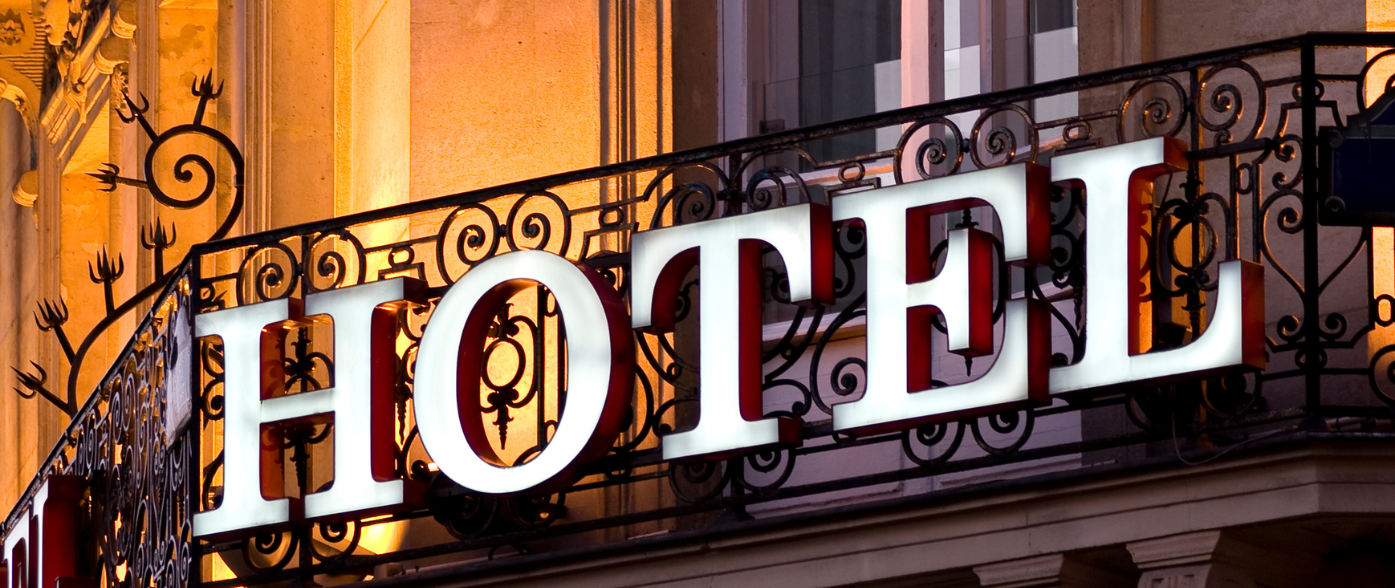Do landlords need to pay VAT? HMRC says that one landlord owes £4.5 million!
- TBA
- Aug 30, 2024
- 4 min read
Investing in property in the UK is seen by many as lucrative. Whether you are buying residential or commercial property, and whether you plan to rent or sell the property, VAT (Value-Added-Tax) is an important consideration.
In one case, HMRC demanded the immediate repayment of a substantial VAT debt amounting to £4.5 million from a company. The company claims to be innocent, arguing that renting residential property should not require a VAT payment. So, who is in the right?
1. Question to landlords – residential property, or hotel?
In 1989, a landlord in London established a company named Reelreed Ltd, specializing in property investment and rental. This company owns properties in various parts of the UK, with 600 properties in West London alone. The current dispute with HMRC involves over 200 residential properties in Chelsea, London.
Reelreed Ltd contended that renting out these 200 properties did not fall within the scope of VAT rules, thus they did not declare VAT. However, HMRC argued that the services provided by these 200 properties were identical to those of a hotel, making them subject to VAT. Initially, HMRC issued a VAT assessment of £4.8 million for unpaid taxes, later reduced slightly.
2. What are the rules on VAT for property?
It is true that most residential landlords indeed do not need to worry about VAT. According to current tax laws, HMRC does not charge VAT on ‘residential accommodation’. This exemption applies to single rentals, HMOs (House in Multiple Occupations), and rent-to-rent properties.
Additionally, commercial property rentals or sales are also generally exempt from VAT.
However, the issue is not that straightforward. Some residential properties, such as those used for short-term rentals or holiday accommodations, are still subject to VAT. Commercial properties offering services, like hotels, must also charge VAT at the standard rate of 20%.
The rental company disputed this, arguing that their properties were equipped with essential household appliances like tumble dryers, washing machines, refrigerators, and freezers. They did not provide room service, did not charge per person, nor did they charge extra for additional guests. The company emphasized that although these apartments were for short-term rentals, their use was akin to typical residential rentals, not hotel stays.
Moreover, their tenants were not tourists. The company argued that the definition of tourists should be those seeking accommodation in hotels or similar establishments, typically for leisure or short stays with comprehensive services. Their tenants stayed for relatively long periods, not fitting this tourist definition.
They also presented evidence showing that these properties were registered as residential with the local council. Even though some units included converted bars, two restaurants, and attached offices, these were categorised as commercial use for council tax purposes, not involving VAT.
HMRC rejected this stance, leading the company to appeal to the court for a ruling.

3. Landlord at fault?
The court found that the company’s website advertised the apartments in a hotel-like manner. Promotional materials highlighted services such as maid service, hair and beauty salons, babysitting/crib rental, laundry services, and theatre ticket bookings, contradicting their claim of not being hotel-like.
Additionally, the advertisements targeted those visiting London for leisure or business, claiming to accommodate ‘thousands’ of tenants annually.
The court stated that the tax law’s definition of lodging for tourists refers to those staying at a specific place temporarily rather than making it their home, indicating the need for relatively short-term accommodation with some level of service. Therefore, the court determined that Chelsea Cloisters, one of ReelReed’s properties with 200 apartments, actually operated similarly to a hotel.
Consequently, the company Ltd owed VAT totalling £4,572,415 – slightly lower than HMRC’s original demand, but still a major win for HMRC.

4. Some advice for landlords, from TB Accountants
As previously mentioned, HMRC does not charge VAT on rental income from residential accommodation. Landlords with Assured Shorthold Tenancy (AST) agreements do not need to register for VAT, and tenants do not have to pay VAT on rent.
However, VAT treatment varies for different types of residential properties. For example, income from self-catering holiday accommodation is subject to VAT. If furnished residential property is rented short-term or for holiday stays, it is subject to the standard 20% VAT rate.
Serviced accommodation, like short-term rentals through Airbnb, is also not VAT-exempt. If the rental business exceeds the VAT registration threshold (now £90,000), it must register for VAT.
When investing in property, various scenarios may involve VAT, including but not limited to:
Commercial-to-Residential Conversions
Converting commercial buildings to residential use can benefit from a 5% reduced VAT rate. The first substantial interest received will be zero-rated, allowing full VAT recovery on related costs.
Changes in Residential Units
Conversions altering the number of residential units can qualify for a 5% reduced VAT rate. For example, converting a house into apartments.
HMO Conversions
Converting single occupancy homes to HMOs can benefit from a 5% reduced VAT rate.
Commercial Property
Commercial property rentals or sales are generally VAT-exempt, reducing transaction costs for tenants or buyers. However, landlords can opt to charge VAT on rental income, allowing VAT recovery on related expenses.
VAT rules for property are complex. To avoid surprises, seeking professional tax advice is crucial. TB Accountants offers expert guidance on property tax issues.
